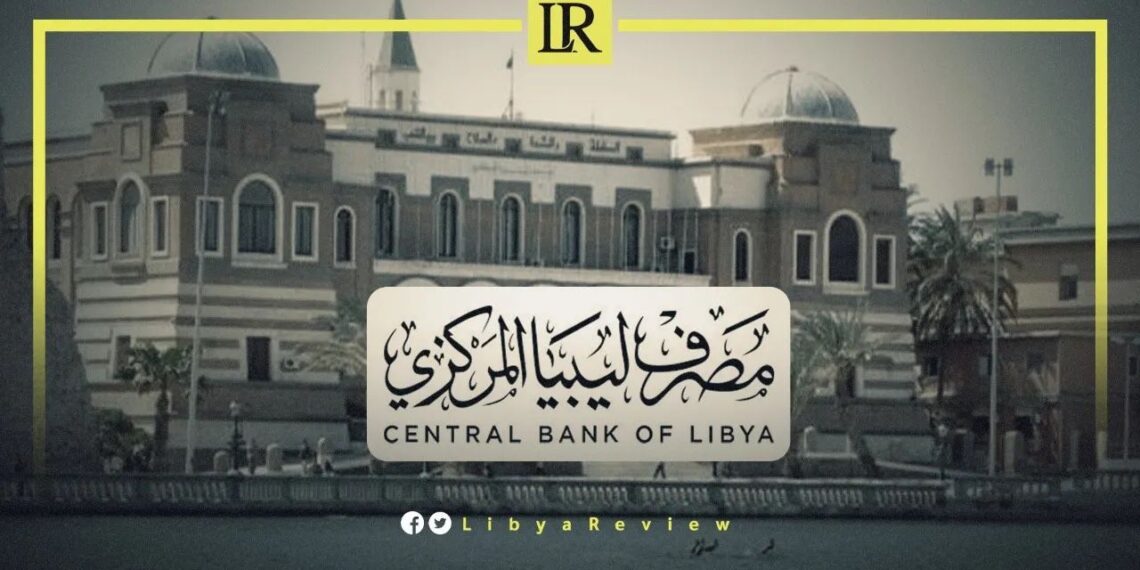Libya is embroiled in a new political crisis as the Presidential Council announced the removal of Central Bank Governor Al Siddik Al Kabir and the bank’s board members on Sunday. This bold move is expected to escalate tensions in an already unstable nation.
The decision came in the wake of the kidnapping of the Central Bank’s IT Director, Musab Muslim, which led the bank to suspend operations in protest. House of Representatives Speaker Ageela Saleh responded forcefully, warning that the Presidential Council’s actions could freeze Libya’s assets and the collapse of the Libyan dinar.
Saleh insisted that Al Siddik Al Kabir remains the legitimate Governor of the Central Bank, with Marai Al Barassi serving as his deputy, until the legislative bodies reach a broader consensus on sovereign positions.
A Bloomberg report characterised the council’s decision as a new front in Libya’s ongoing political power struggle, reflecting the deep divisions between the rival governments in the East and West.
These tensions persist despite a UN-brokered ceasefire in 2020, as armed clashes continue to plague the country.
The move to oust Al Kabir had been brewing for some time. The long-standing conflict between Al Kabir and Prime Minister Abdul Hamid Dbaiba of the Government of National Unity nearly escalated into armed clashes, fueled by militias that the Central Bank has allegedly funded for years. The Presidential Council’s decision to side with Dbaiab in this dispute, especially after the House of Representatives grouped them, is no surprise to many observers.
Reports had predicted Al Kabir’s removal, citing accusations of mismanaging public funds, particularly Libya’s financial deposits abroad. In its statement, the Presidential Council justified the change by stating that the goal was to ensure the financial and economic stability of the country.
The decision to replace Al Kabir is not unexpected for those closely following Libya’s political landscape. The Central Bank has long been caught in the crossfire of the country’s power struggles, with rival branches in Tripoli and Benghazi competing for control over Libya’s oil wealth.
Despite an announcement in 2021 that the Central Bank’s branches would be unified—a move praised by the international community as a positive step—little progress has been made toward reconciling the competing governments and their affiliated armed groups.
In response to these developments, the Libyan Parliament issued a decree suspending the 2018 decision that appointed Mohamed Abdul Salam Al Shukri as Governor of the Central Bank, citing his failure to assume his duties. The House reaffirmed that Al Siddik Al Kabir will continue as Governor, with Marai Al Barassi as his deputy.


